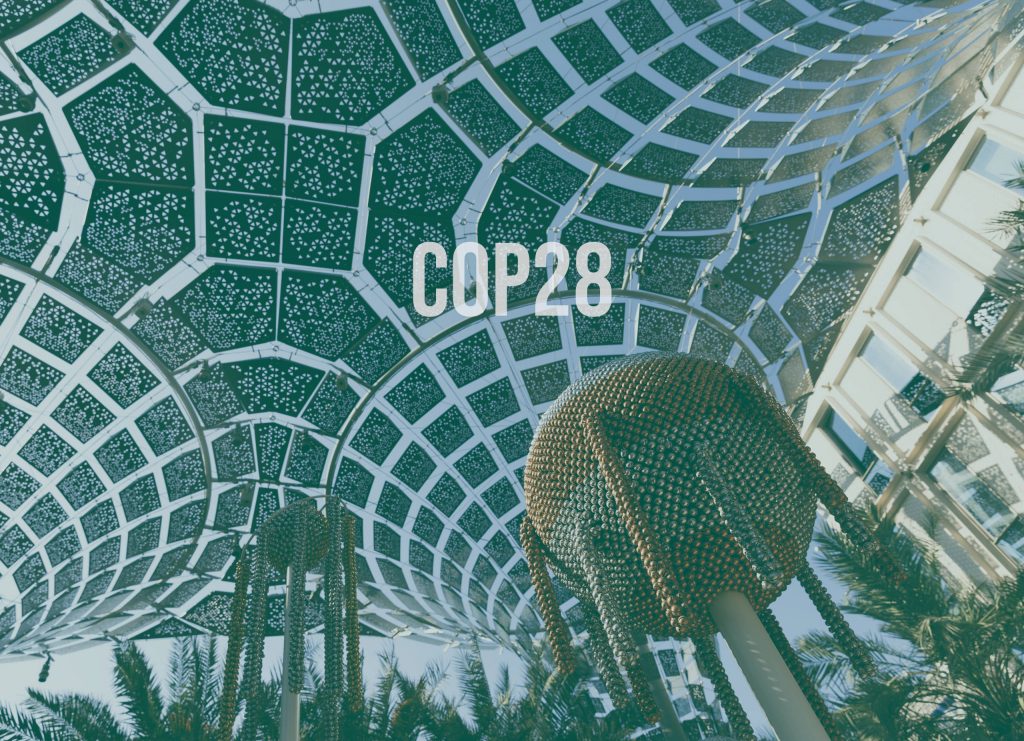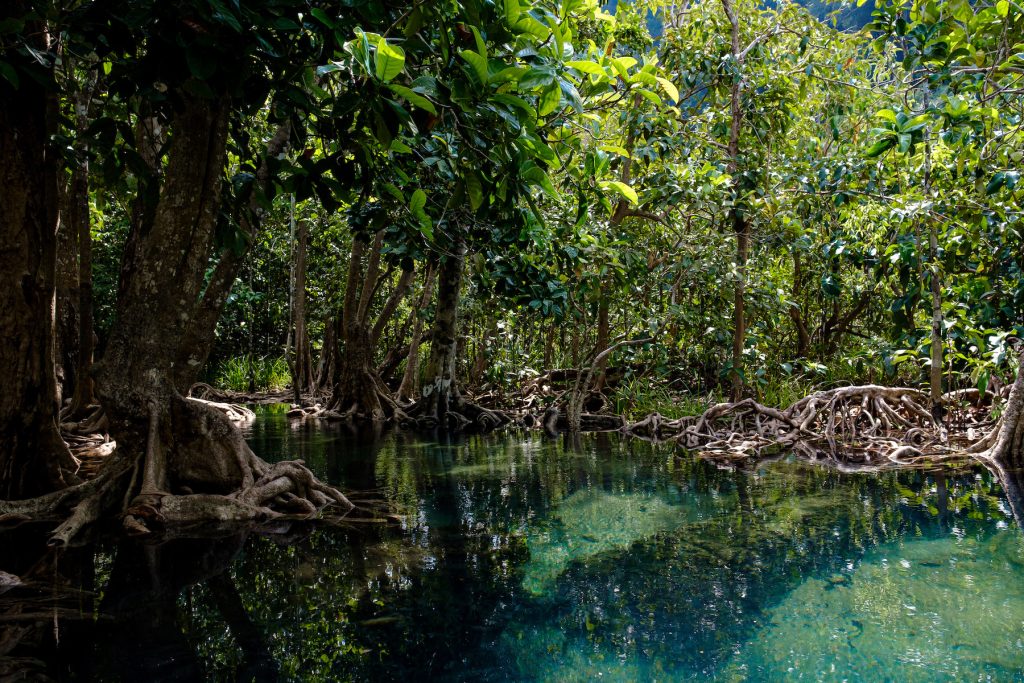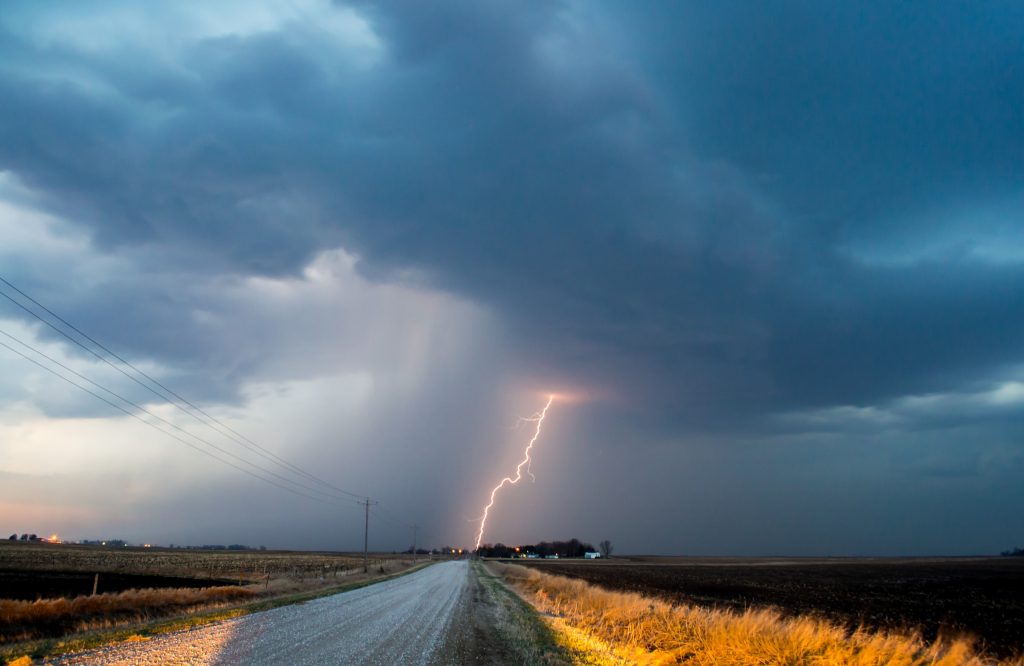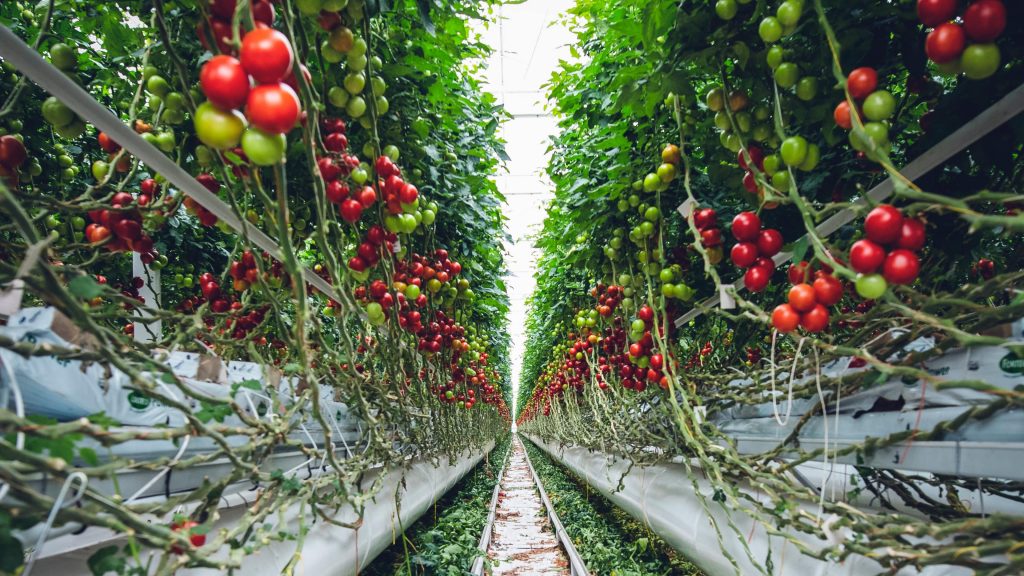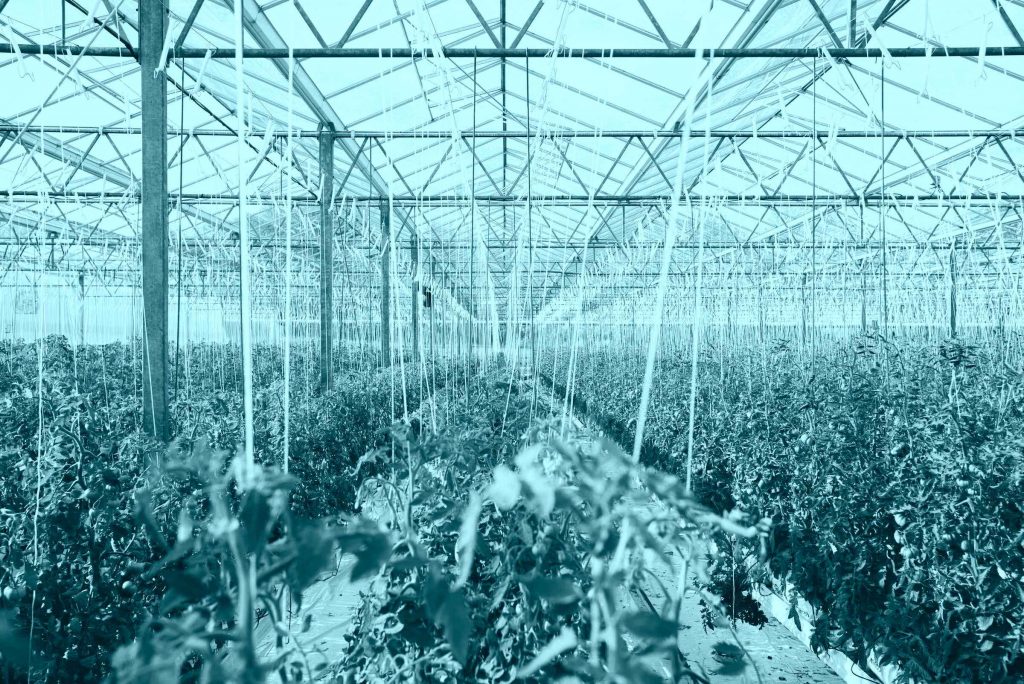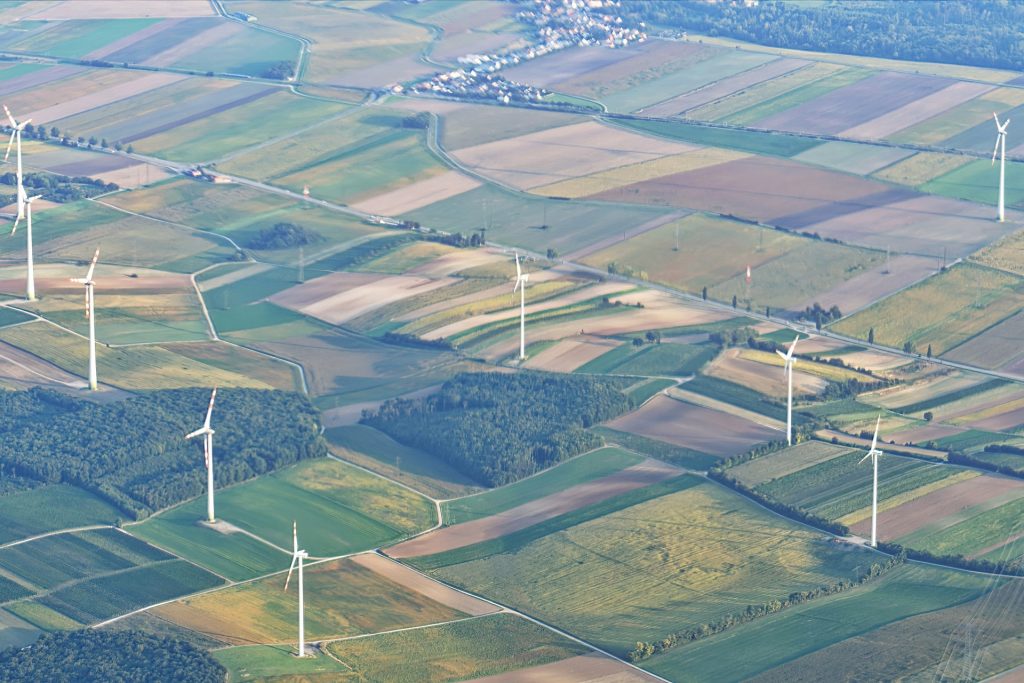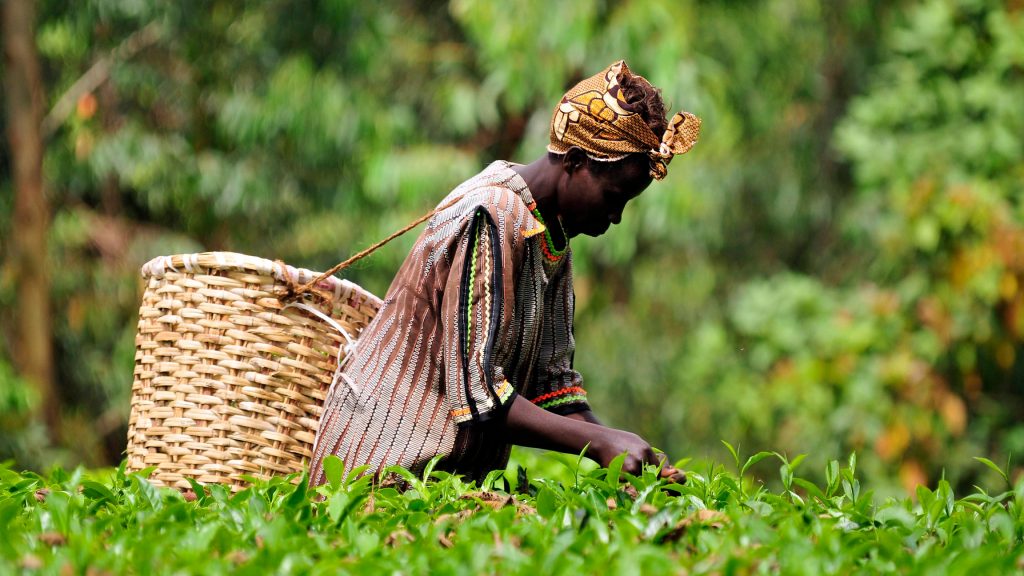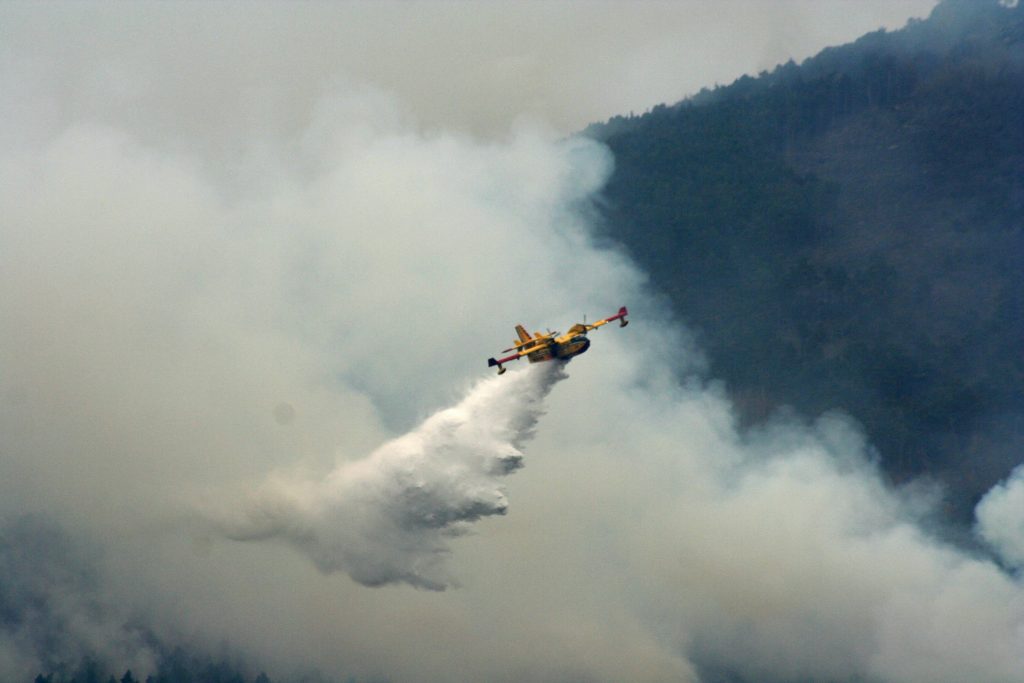
Giving the EU’s Just Transition a platform to stand on
Addressing the social, economic and environmental challenges – that go hand in hand with transitioning from carbon intensive systems – requires a set of strategies that ensure those most affected are treated fairly. The European Commission’s Just Transition Platform seeks to put those very people and communities at the center of the transformation.

